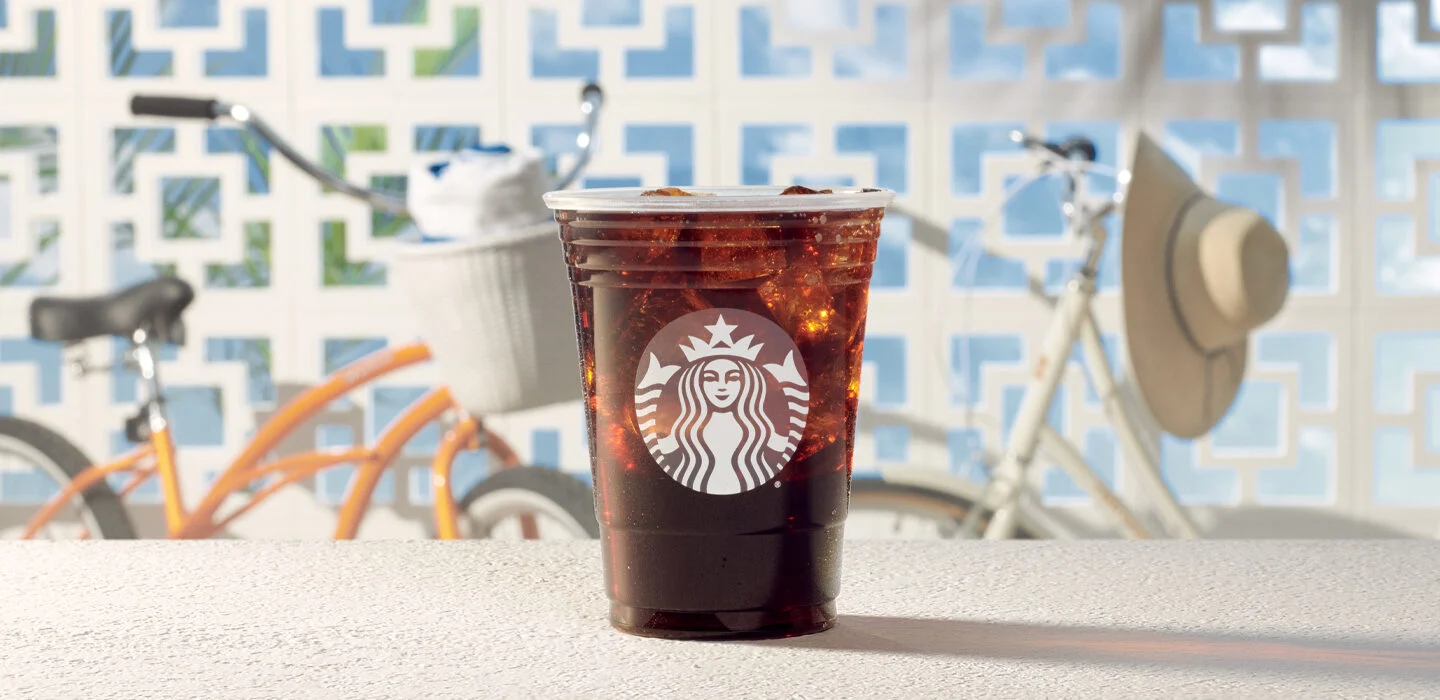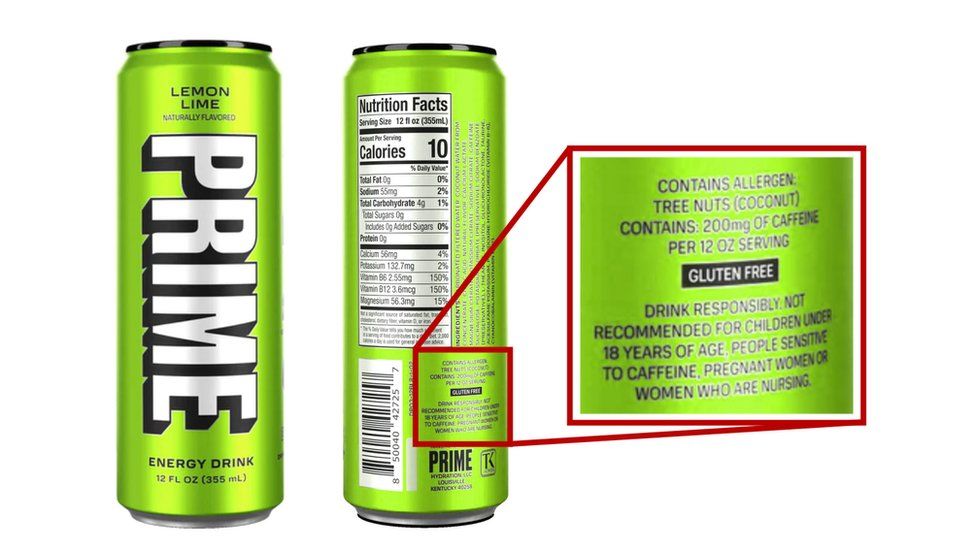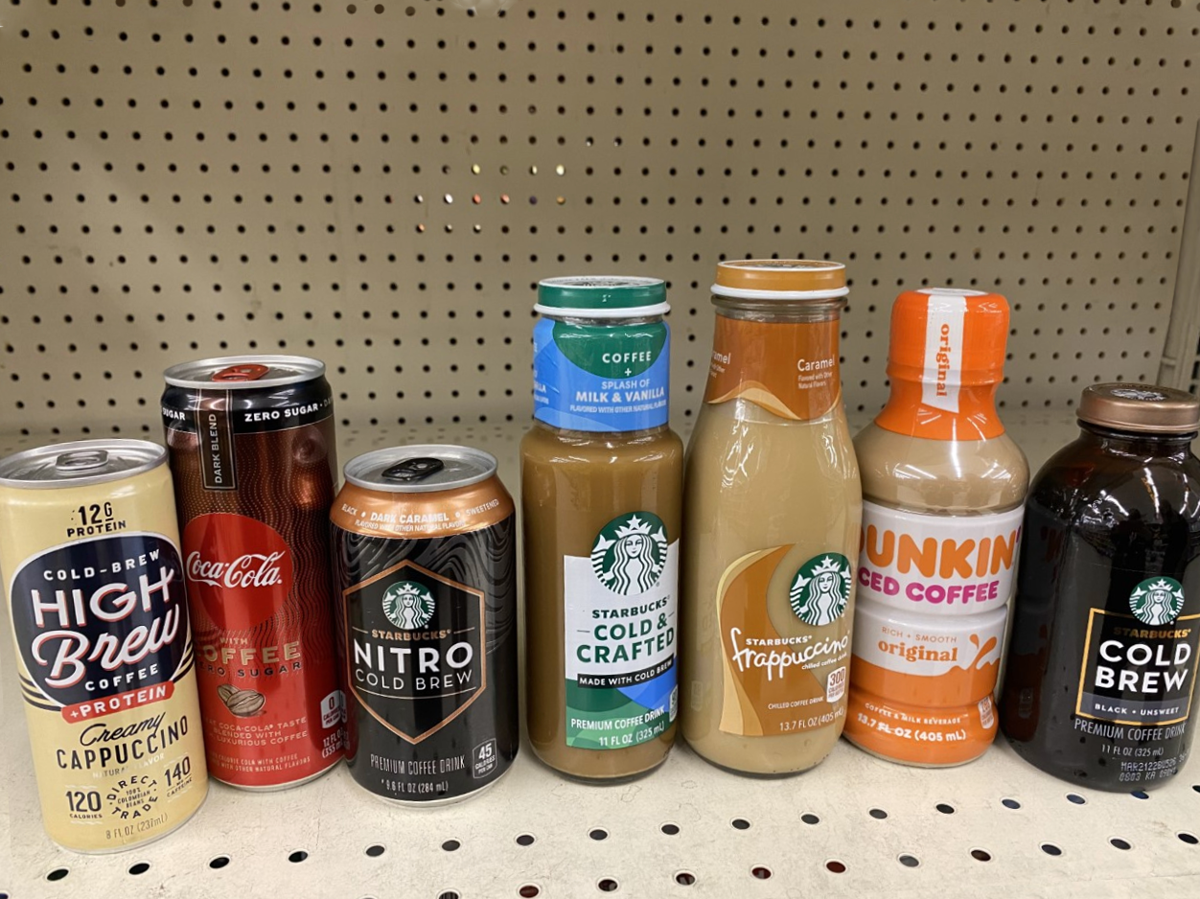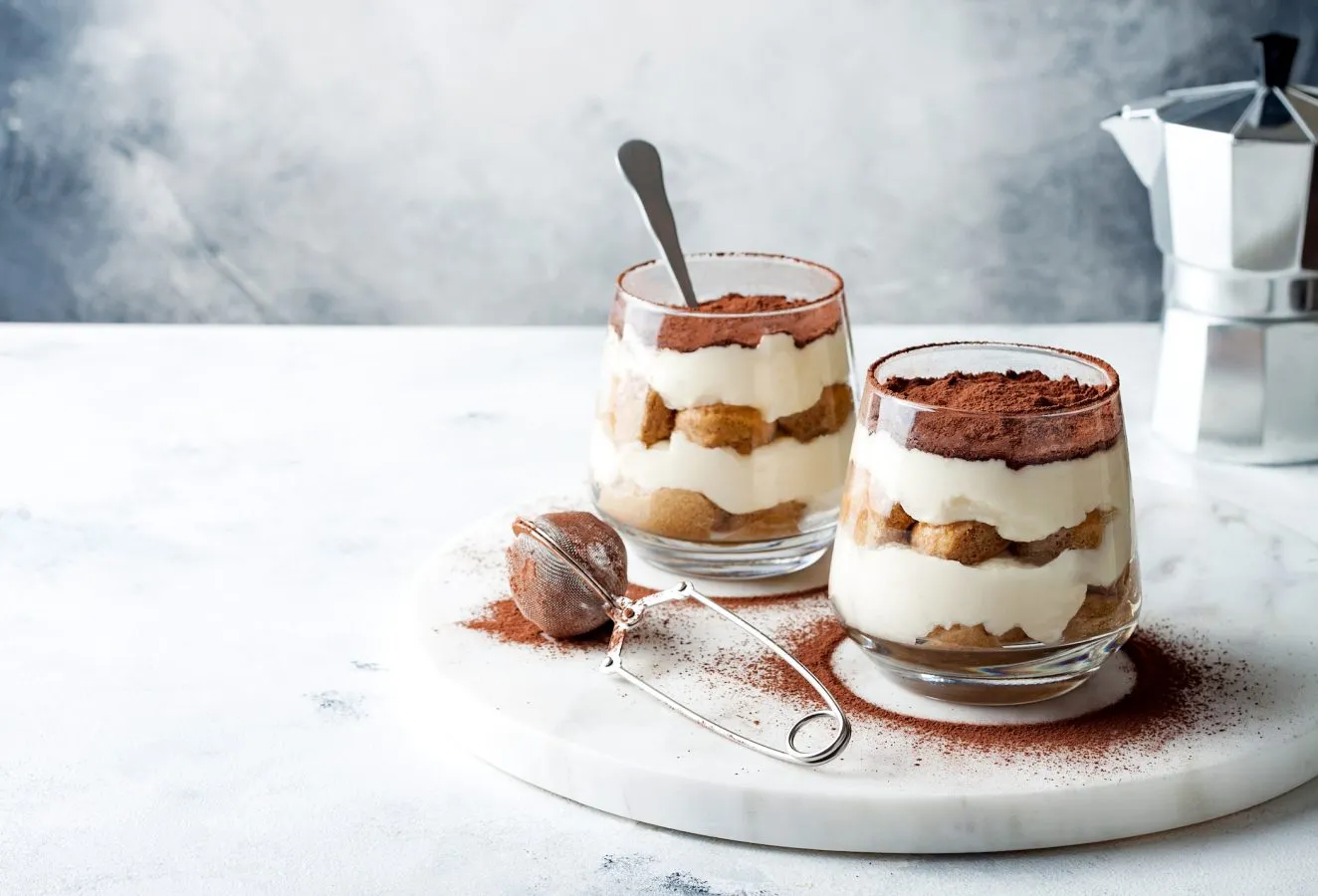Coffee Water Quality Matters: How H2O Transforms Your Morning Cup of Coffee
- September 01, 2023
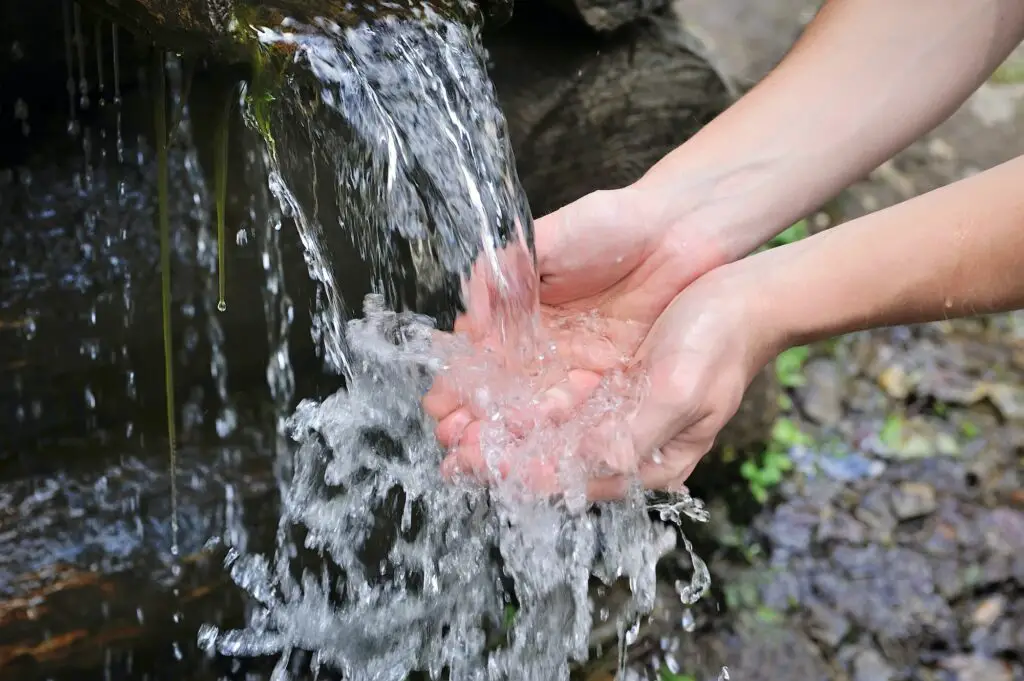
You wake up, trudge to the kitchen, and uncork your daily ritual of brewing your morning cup of coffee. But did you overly stop to think well-nigh the impact of water quality on your coffee’s taste? It turns out that the H2O you’re using can make a world of difference in the savor and zephyr of your favorite java. In this article, we’ll swoop into the science of water quality and its effect on coffee taste, and provide you with a step-by-step guide to brewing with largest water quality. Get ready for a transformative coffee experience!
Table of Contents
The Science of Water Quality and Coffee
Coffee is 98% water, so it’s no surprise that the quality of the liquid running through your beans has a significant impact on the final cup. Water quality is influenced by various factors, including mineral content, pH levels, and the presence of impurities. These variables can either enhance or detract from the flavors in your coffee, with some minerals plane reacting with coffee compounds, interchange the taste altogether.
For instance, when your favorite specialty coffee, let’s say Intelligentsia’s Black Cat Classic Espresso, is combined with water that’s too upper in chlorine or other impurities, it can result in a taste that’s increasingly reminiscent of a public swimming pool than a succulent morning pick-me-up.
The Role of Water Hardness in Coffee Taste
Water hardness refers to the value of calcium and magnesium ions present in water. These minerals can have a significant effect on coffee extraction and taste. If the water you’re using to mash your morning cup is too hard, you might find your coffee tasting over-extracted and bitter, while too soft water can result in a weak, under-extracted coffee.
A real-life example? Imagine brewing your favorite Ethiopian Yirgacheffe coffee from Stumptown Roasters with nonflexible water. Instead of the bright, fruity flavors you’ve come to expect, you might be left with a flat, unrewarding taste that lacks the complexity of the original bean.

Optimal Water Sonnet for Brewing Coffee
The Specialty Coffee Association (SCA) recommends a water sonnet of 150 parts per million (ppm) of total dissolved solids (TDS) for optimal coffee brewing. TDS refers to the concentration of minerals and salts in water. The SCA moreover suggests a wastefulness of calcium, magnesium, and bicarbonate ions for the weightier coffee extraction.
In short, you’ll want to use water that’s neither too nonflexible nor too soft, with a well-turned mineral profile to bring out the weightier flavors in your coffee.
How to Modernize Water Quality for Coffee Brewing
If you’re ready to take your coffee game to the next level, here are some steps you can follow to modernize the water quality for brewing:
- Test your tap water to determine its hardness and TDS levels.
- Use a water filter, like the Brita Everyday Pitcher, to remove impurities and modernize the taste.
- Consider using bottled water with a well-turned mineral profile, such as Crystal Geyser or Volvic, for resulting brewing results.
- Experiment with variegated water sources and compositions to find the weightier match for your preferred coffee beans.
Real-life Examples and Experiments
Now that you know the importance of water quality in coffee brewing, why not put it to the test? Here are a few real-life examples and experiments you can self-mastery at home:
- Side-by-side taste test: Mash the same coffee using variegated water sources (tap, filtered, and bottled) and compare the results. You might be surprised at how variegated your favorite Counter Culture Coffee Hologram tousle tastes depending on the water used!
- Hard water vs. soft water: If you have wangle to both nonflexible and soft water, try brewing the same coffee with each and see how the extraction and taste differ. Maybe that bright, fruity Kenyan coffee from Blue Bottle Coffee shines with soft water, or perhaps your chocolatey Guatemalan roast from Verve Coffee Roasters benefits from harder water.
- Water adjustments: Try adjusting the mineral content in your water by subtracting small amounts of minerals like calcium or magnesium to your brewing water. Observe how these changes stupefy the extraction and savor profile of your coffee.
Step-by-Step Guide to Brewing with Largest Water Quality
Ready to mash largest coffee with improved water quality? Follow this step-by-step guide:
- Test your tap water: Use a water testing kit to determine the hardness, TDS levels, and overall quality of your tap water.
- Select a water source: Based on your test results, segregate the weightier water source for your coffee brewing—filtered, bottled, or plane a custom tousle of minerals.
- Grind your beans: Use a quality grinder like the Baratza Encore to unzip a resulting grind size for optimal extraction.
- Heat your water: Aim for a brewing temperature between 195-205°F (90-96°C) to pericope the weightier flavors from your coffee.
- Brew your coffee: Use your preferred brewing method, such as a French press, pour-over, or espresso machine, and enjoy the difference that largest water quality can make!
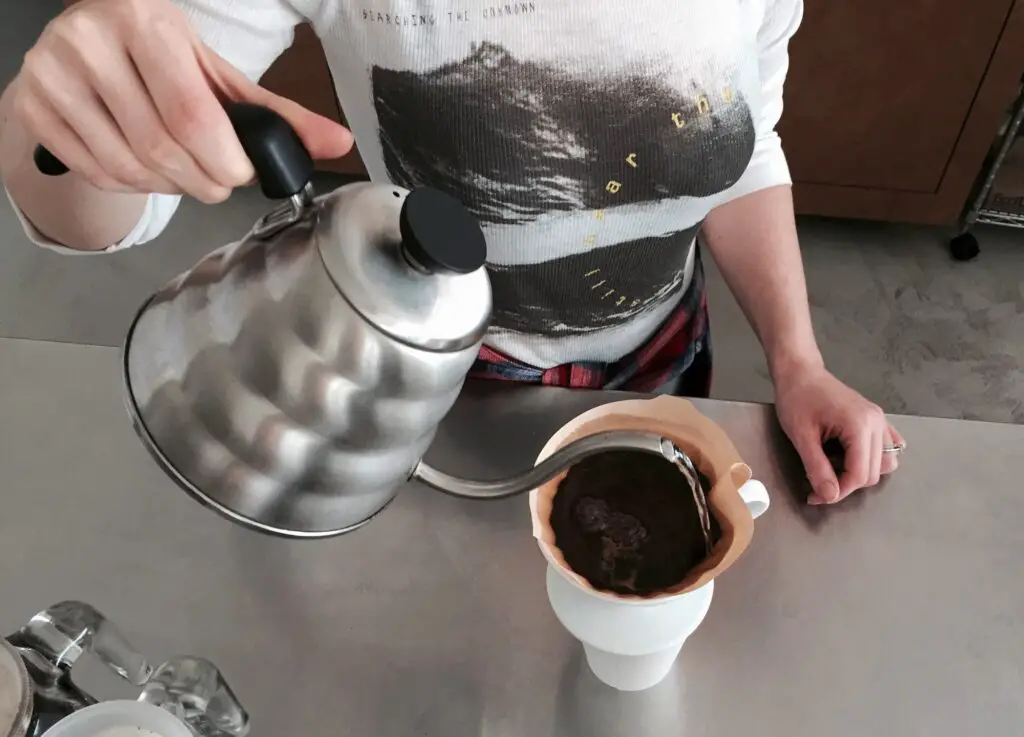
Frequently Asked Questions (FAQs)
Q: Can I use distilled water for brewing coffee?
A: While distilled water is pure and self-ruling of impurities, it lacks the minerals necessary for proper coffee extraction. This can lead to a flat, under-extracted cup of coffee. Instead, use water with a well-turned mineral profile.
Q: What’s the platonic TDS level for brewing coffee?
A: The Specialty Coffee Association recommends a TDS level of 150 ppm for optimal coffee brewing. However, you can experiment with slightly higher or lower levels to find what works weightier for your taste preferences and coffee beans.
Q: Is it necessary to invest in an expensive water filtration system for largest coffee?
A: Not necessarily. While high-end filtration systems can provide superior water quality, plane using a vital water filter like the Brita Everyday Pitcher can modernize the taste of your coffee. Experiment with variegated filtration methods to find what works weightier for you.
Water Quality Matters
Water quality plays a pivotal role in the taste of your coffee. By understanding the science overdue water hardness, mineral content, and pH levels, and using a well-turned water source, you can hoist your coffee brewing experience. Don’t forget to experiment with variegated water sources and brewing methods to find the perfect match for your beans. Say goodbye to subpar cups of joe and hello to a new world of coffee enjoyment!











